Good evening and happy New Year. Almost exactly two years ago, President Joe Biden signed into law the Uyghur Forced Labor Prevention Act (UFLPA), which bans the import of goods made in Xinjiang because of assumed forced labor there. But what happens when human rights law becomes trade law? As our cover story this week shows, we’re beginning to find out. Elsewhere, we have infographics on China’s panda diplomacy; an interview with Arthur Kroeber on piecing together China’s economic jigsaw; a reported piece on how a well-connected U.S. firm is using China as a proving ground for its nascent technology; and an op-ed about why China’s economic engine is running out of fuel. If you’re not already a paid subscriber to The Wire, please sign up here.
Want this emailed directly to your inbox? Sign up to receive our free newsletter.
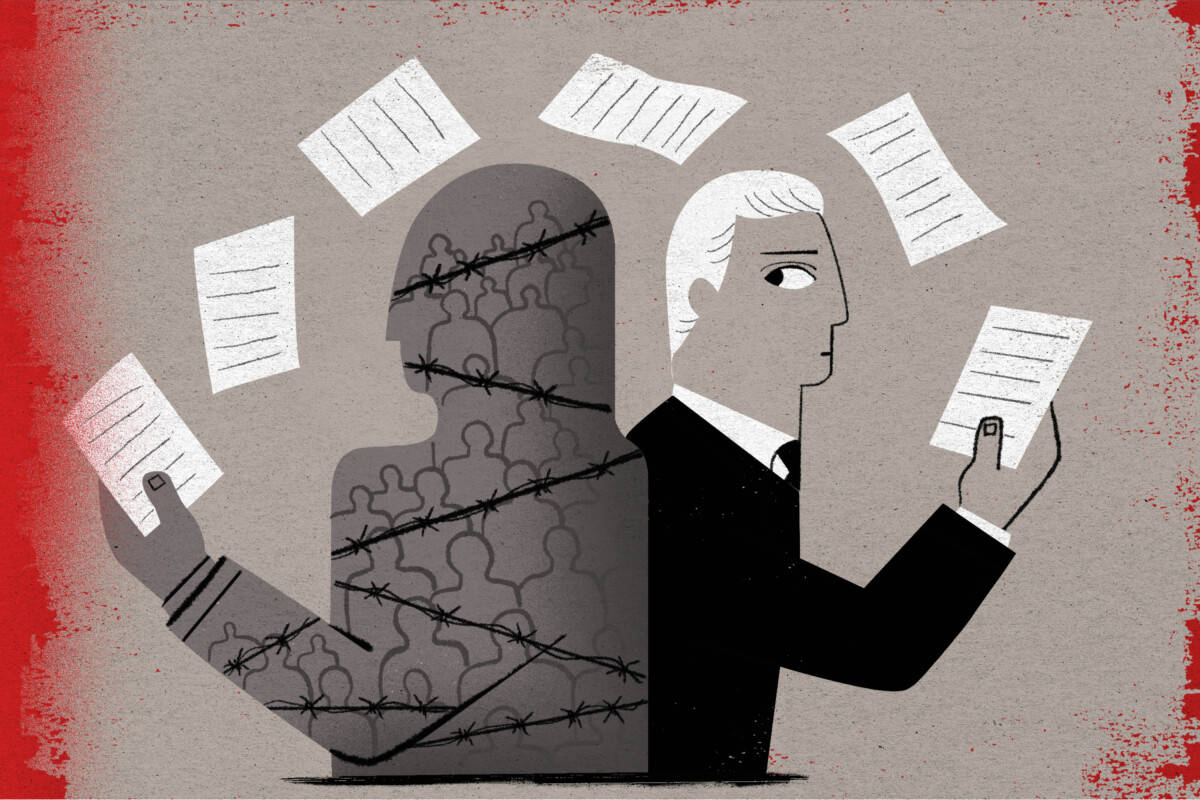
Washington’s Xinjiang Fix
The Uyghur Forced Labor Protection Act, which is now two years old, is one of the most ambitious pieces of human rights legislation ever passed in the United States. But, by banning the import of goods made in Xinjiang, it is also a signifiant trade law — one that promises to remake supply chains and transform trade between the world’s two largest economies. As Eliot Chen and Katrina Northrop report, the Biden administration is looking to ramp up enforcement in the coming year, which will test the UFLPA’s effectiveness — or lack thereof.
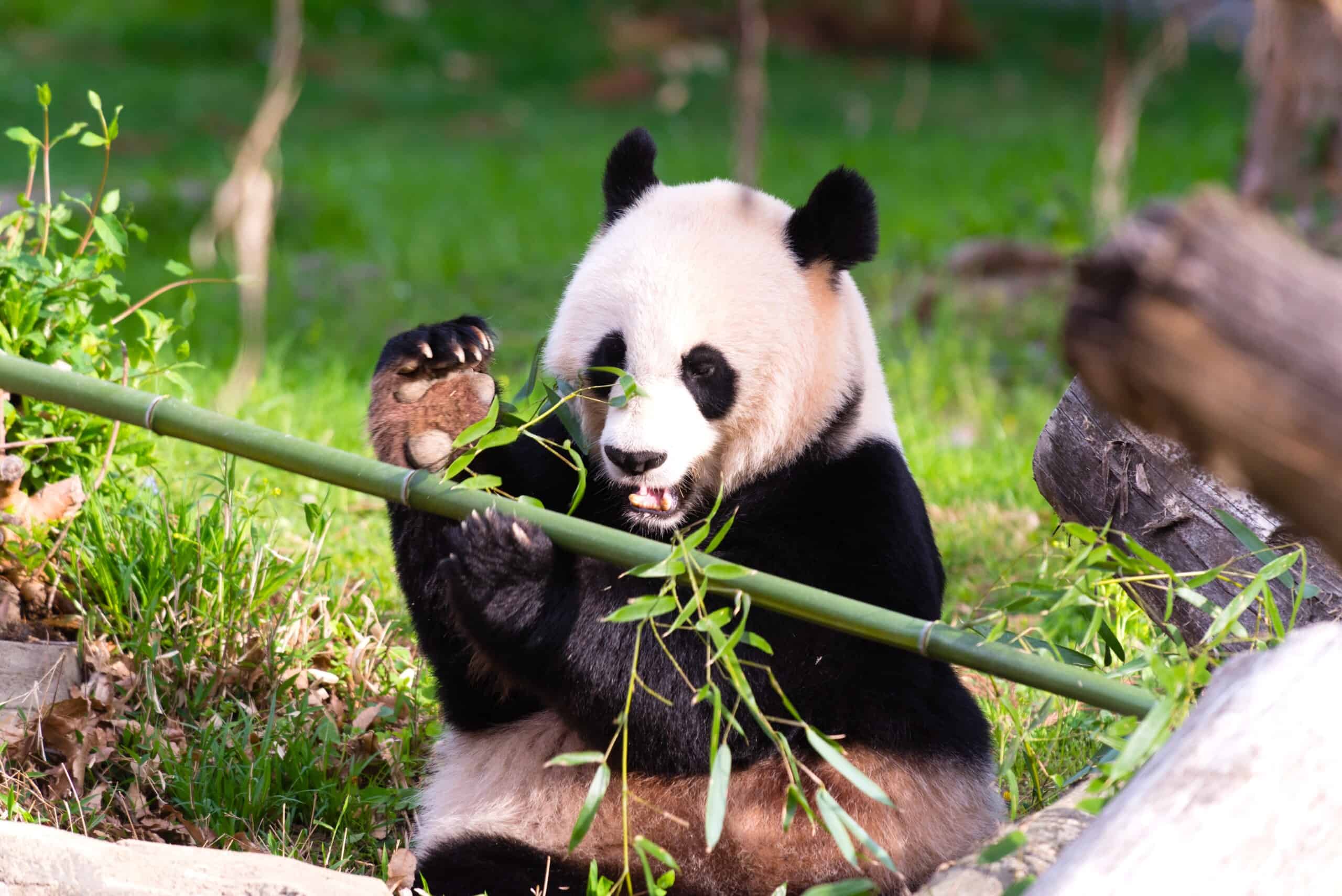
The Big Picture: China’s Adorable Diplomats
Lending pandas to foreign zoos is a useful soft power tool for Beijing, but tense international relations are clouding the practice. This week, infographics by Aaron Mc Nicholas look at China’s history of using pandas to conduct diplomacy with other countries and analyzes the message the Chinese government is trying to send by bringing the adorable animals home.
A Q&A with Arthur Kroeber

Arthur Kroeber is a founding partner of Gavekal Dragonomics, a Beijing-based economic research consultancy firm and subsidiary of Gavekal, a Hong Kong financial services firm for which he is head of research. He is also a non-resident senior fellow at the Brookings-Tsinghua Center, and the author of China’s Economy: What Everyone Needs to Know. In early September, he gave a lecture at the Fairbank Center for Chinese Studies at Harvard, arguing that contrary to international media coverage, China’s economy has not “hit the wall.” In this week’s Q&A with Alex Colville, he talks about the health of China’s domestic economy, high debt levels, and the costs of Xi Jinping’s focus on national security.
Arthur Kroeber
Illustration by Lauren Crow
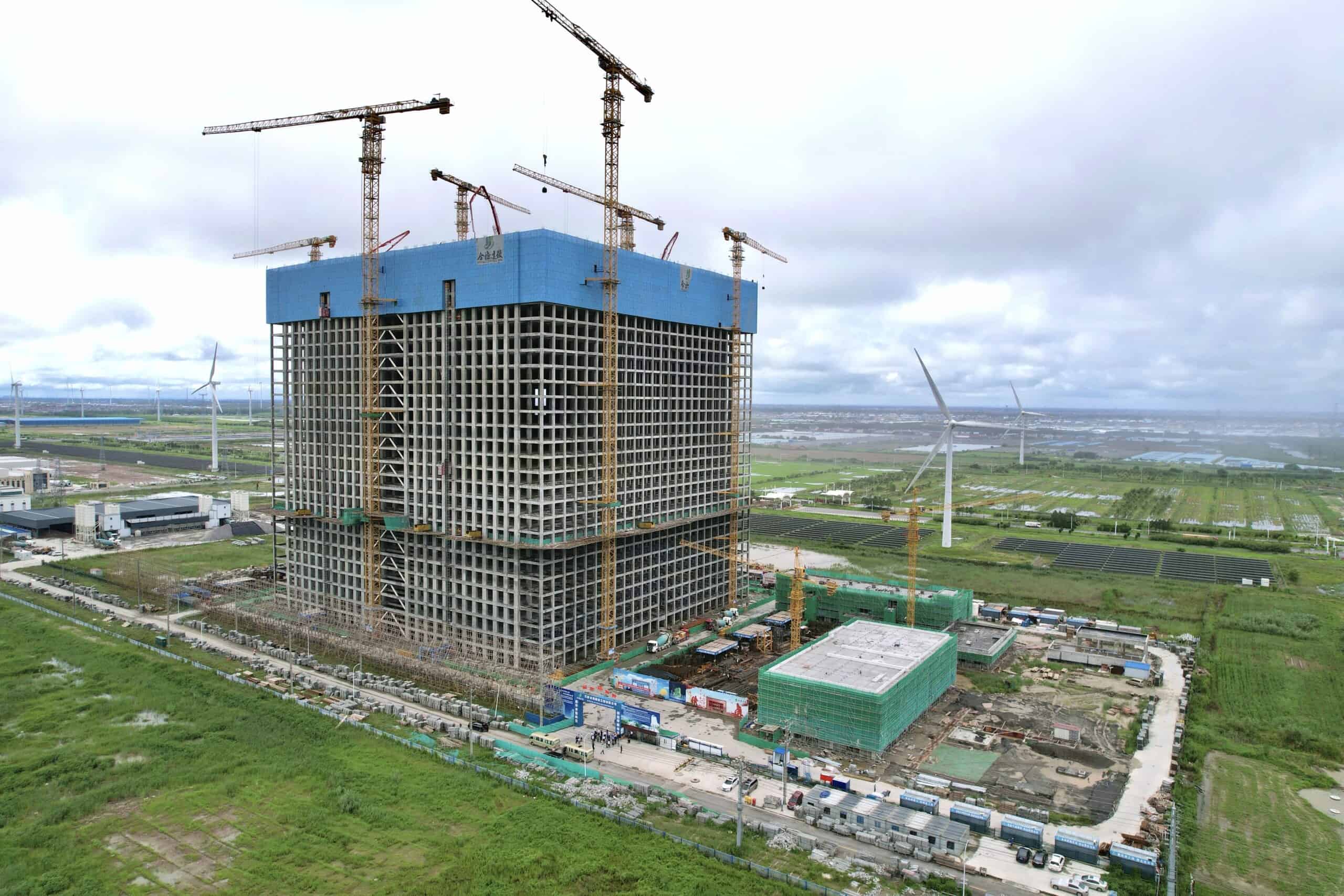
Energy Storage Reaches New Heights in China
A well-connected U.S. firm is using China as a proving ground for ‘gravity storage,’ which aims to store renewable energy. Katrina Northrop reports on the nascent technology.
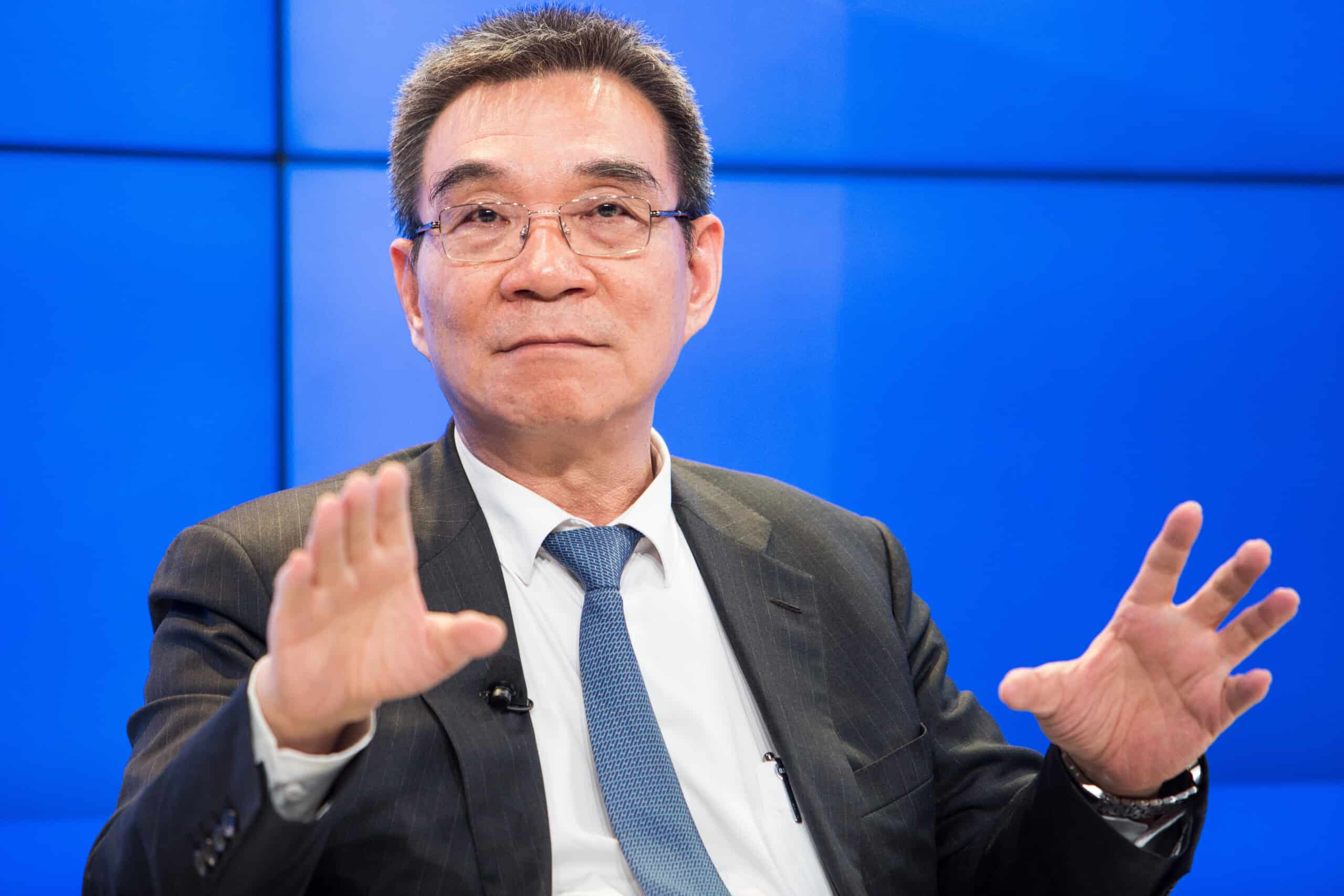
China’s Economic Engine Is Running Out of Fuel
Western observers tend to focus on criticizing the rhetoric and decisions of China’s leaders. But pointing out the errors in the forecasts on which China bases its policies—which typically fail to account for unfavorable demographic trends—may be more constructive, argues Yi Fuxian in this week’s op-ed.
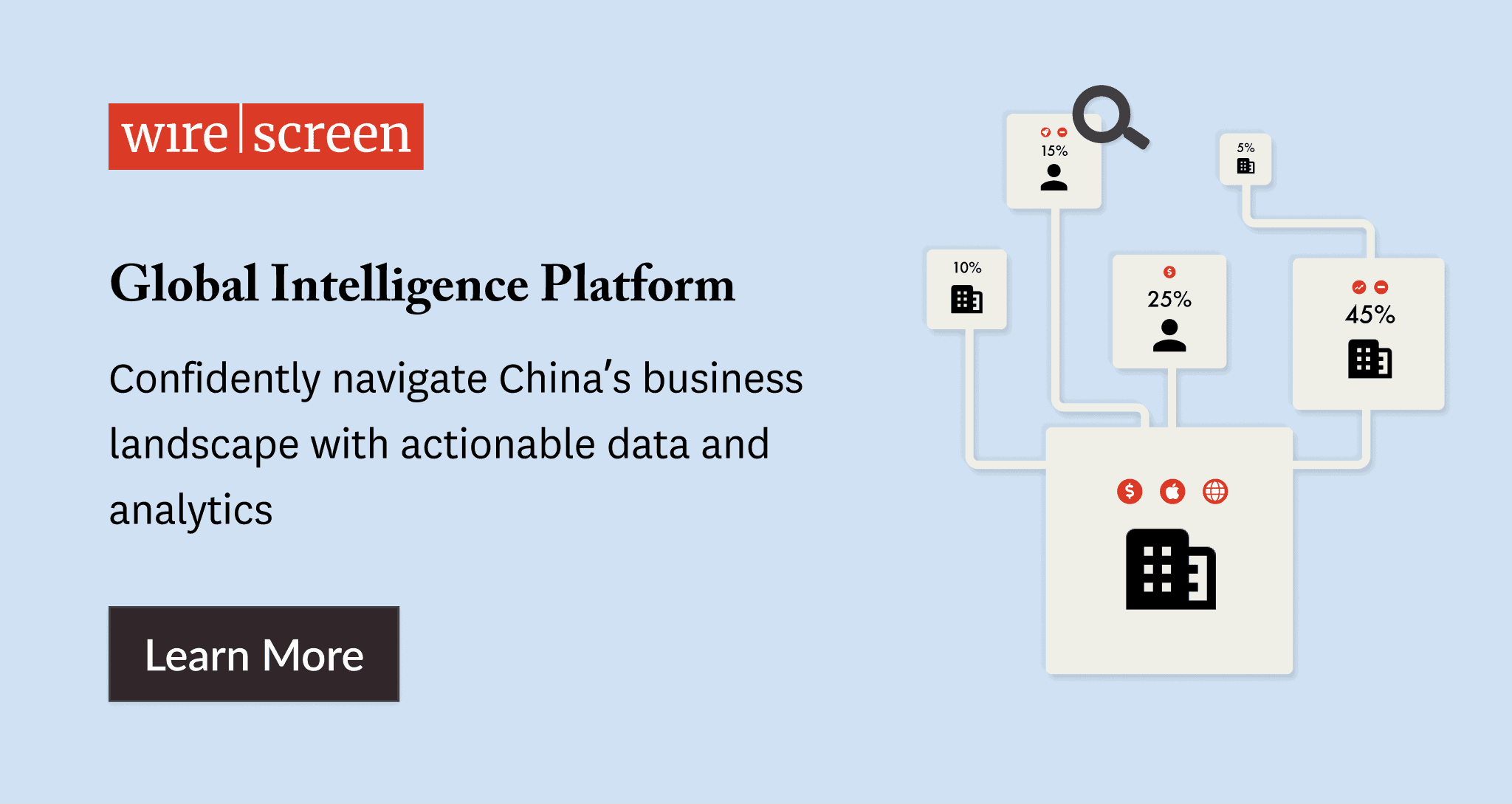
Subscribe today for unlimited access, starting at only $19 a month.



